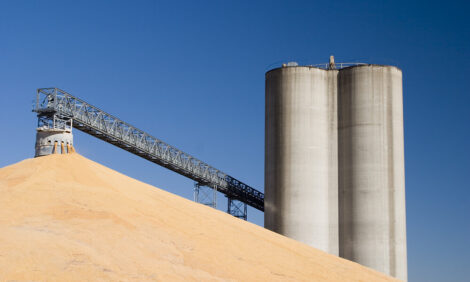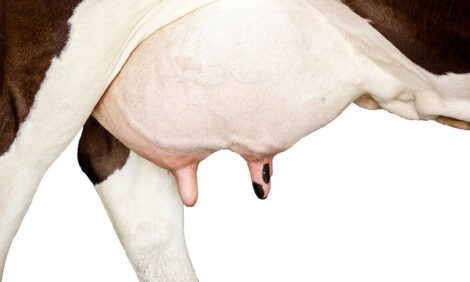



Dutch study finds livestock injest plastic particles via feed pellets
Plastic particles were present in 75% of beef and pork samples testedA Dutch pilot study, commissioned by the Plastic Soup Foundation, has found evidence that pigs and cows are exposed to plastic particles via animal feed pellets, but not through fresh feed.
According to the researchers, feed is known as a possible avenue for the ingestion of plastic particles, as are water and air. While the study found evidence that animals are absorbing plastic particles into their bloodstream, it did not investigate the origin of those particles.
The study's authors said this indicates that the particles were either small enough to be absorbed via the lungs, or swallowed and absorbed into the bloodstream via the gut. Regardless of how the particles got there, the sources were found in the bloodstream of all animals tested (12 cows and 12 pigs) The animals tested had at least three types of plastic particles in their blood.
The researchers also evaluated milk samples, the majority of which did not contain detectable or quantifiable concentrations of plastic particles. However, plastic particles were present in 75% of the beef and pork samples tested in the study.
"Humans may potentially be exposed to plastic particles by eating beef or pork, and less likely via milk," the study's authors concluded.
"While this pilot study gives clear indications for plastic exposure of livestock and possibly humans, a larger number of samples would need to be analysed to draw more general conclusions and perform statistical analyses, e.g. regarding the range of concentrations, frequency of detection, temporal and spatial variation in the concentrations," the authors wrote in conclusion.


